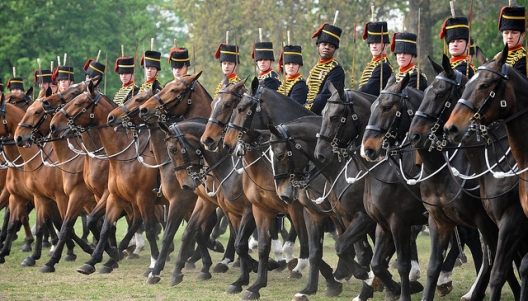 The nations of the EU must stop their collective decline as a military power. For years, this plea has been sounded by Nato chiefs and senior US officials who complain that European governments are slashing defence budgets far too fast in response to the economic crisis.
The nations of the EU must stop their collective decline as a military power. For years, this plea has been sounded by Nato chiefs and senior US officials who complain that European governments are slashing defence budgets far too fast in response to the economic crisis.
The recent intervention in Ukraine by Vladimir Putin, the Russian president, has now given those fears even greater resonance. Russia’s effective annexation of Crimea has all the makings of a grand strategic moment for the EU, whose governments need to reflect on whether they can continue cutting military capabilities without fearing the consequences. . . .
[T]he Europeans have responded feebly to requests from Washington to spend more on defence. At a summit last year, EU leaders stated blandly that “defence matters”. But total EU military spending has fallen from €200bn in 2008 to €170bn today. Enhanced military co-operation between some governments, most notably Britain and France, has mitigated the effect of this – but only marginally. . . .
European governments should think harder about protecting defence spending. This is particularly important in Britain, one of the two big military powers in Europe, which has already slashed defence expenditure by 8 per cent in real terms since 2010. The next UK government, no matter what its complexion, will almost certainly make further cuts, slashing the regular army even further after 2015. Political leaders should state before next year’s election that this is not how they will proceed.
Image: Members of the Kings Troop Royal Horse Artillery training for the ceremonial season (photo: UK Ministry of Defense)
